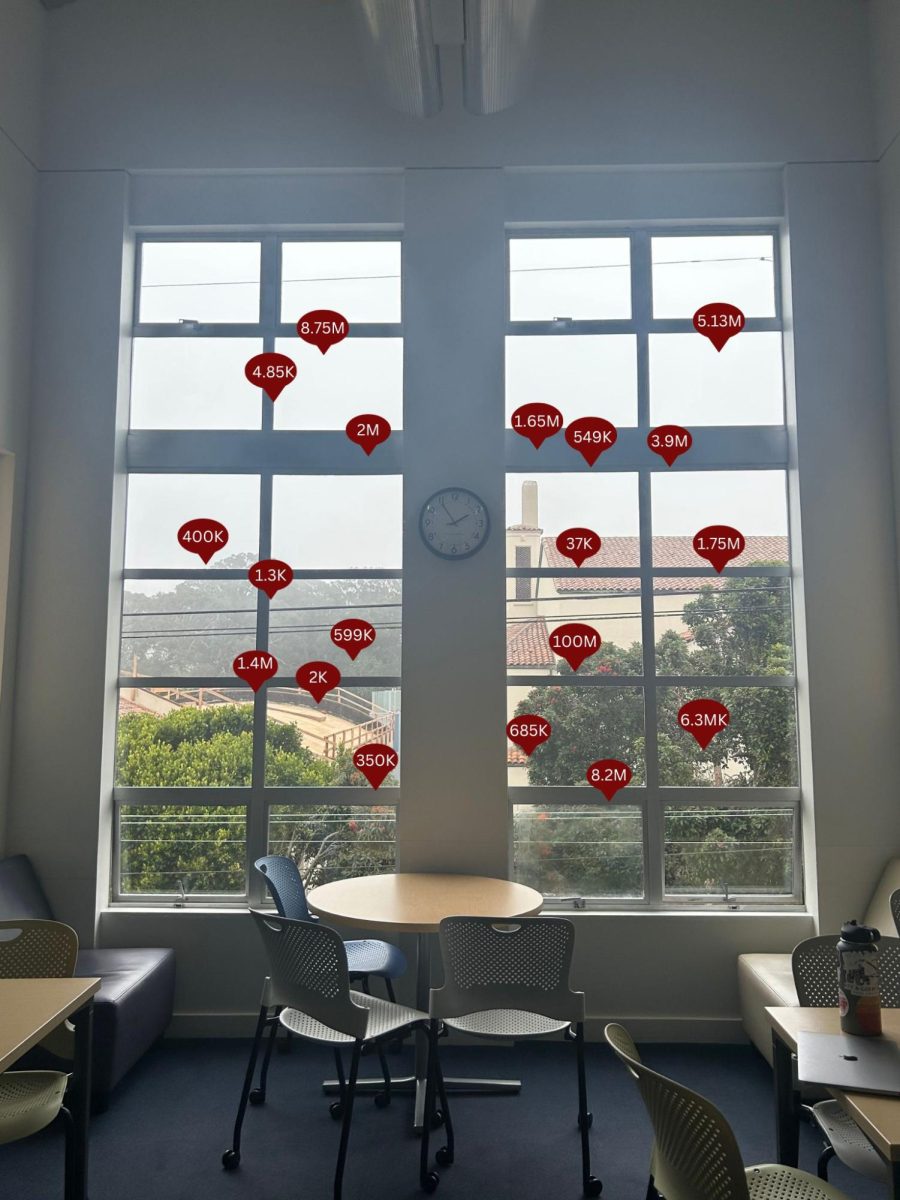Finding pleasure in online real estate browsing? One survey led by the California-based Insurance agency, Surety First, found that out of over 1,000 Americans, 49% would rather browse Zillow than have sex.
Zillow is an online real estate marketplace founded in 2014 that provides users with images, descriptions and three-dimensional tours of homes across the United States and Canada. The service, which is available on mobile phones and internet browsers, also allows users to customize their price point and other amenities, such as pools and air conditioning.
During the pandemic, while stuck in their own homes, billions of people found comfort in surfing Zillow to fantasize about other living spaces. Zillow’s monthly user base surged from 172 million monthly users in 2019 to 245 million in 2020.
While the service is popular among those actually searching for homes, many members of the Urban community who are not looking to buy also find it amusing. In an interview with the Urban Legend, Associate Director of Admissions & Equity and Outreach Coordinator Chris Williams said, “It’s just really entertaining. [My friends and I will get together] have adult beverages and say, ‘pick a house’ and pretend like we are going to buy it… Sometimes we might even sign up for an open house and go visit.”
Others use Zillow to search for homes they have already seen or visited. “Every time I drive by a crib that I think is really awesome, I’ll look it up on Zillow,” said Gabe France ‘24. Zillow’s mobile app allows users to pinpoint their current location and see an aerial view of houses and lot lines from above.
Browsing homes can also set aspirations and inform people about the housing market. “It really puts into context my goals and what I want to look for in the future,” said Williams.
Malia Hillyard-Chow ‘24 said, “It’s a super fun way for me to idealize where I want to live and what kind of house I want to live in.”
Similar to reality TV shows, vlogs and online diaries, Zillow provides users with the ability to live through the experiences and lifestyles of others. The website also contains information about houses that are not currently on the market. This includes sale and tax history, as well as Zestimate, the platform’s data-based price estimation.
Easy access to personal information such as the look or value of a home can have a downside. “As much as I love looking at houses, at the same time, I get super jealous. I’m like, ‘Oh I want to live here,’ instead of the house I actually live in,” said Hillyard-Chow.
“I’m trying to figure out how [some of the expensive houses are] even real, that is what I usually end up feeling. I’m surprised that [homes] like that actually exist in this world,” said Williams.
People could be happier with what they have without this kind of comparison. “[People tend to be more content] when they don’t see something that puts their happiness into question,” said Joey Mintz, one of Urban’s guidance counselors.
Sometimes, Zillow is even used to judge those peers based on the value of their house – a problem made worse by the freely available student addresses on the PCR Student Registry. “[Zillow] is a stalking tool, not a house-buying tool,” said Carter Han ‘24.
Although looking through Zillow can sometimes spark negative or jealous emotions, users continue to find pleasure in the app. What makes Zillow so appealing?
“I think part of our collective defense mechanism, at a certain point, is to start dreaming about being somewhere else or dreaming of a better life,” said Mintz. Scrolling through Zillow can be used as an escape from personal realities.
Though using Zillow as an immersive tool for browsing architecture and design can be fun, there are more layers to the platform’s psychological effects. “That idea of [seeing] what you can’t have is kind of what is captivating about it,” said Mia Toler ‘24.
Mintz said, “I think we are always trying to get away from reality.”


